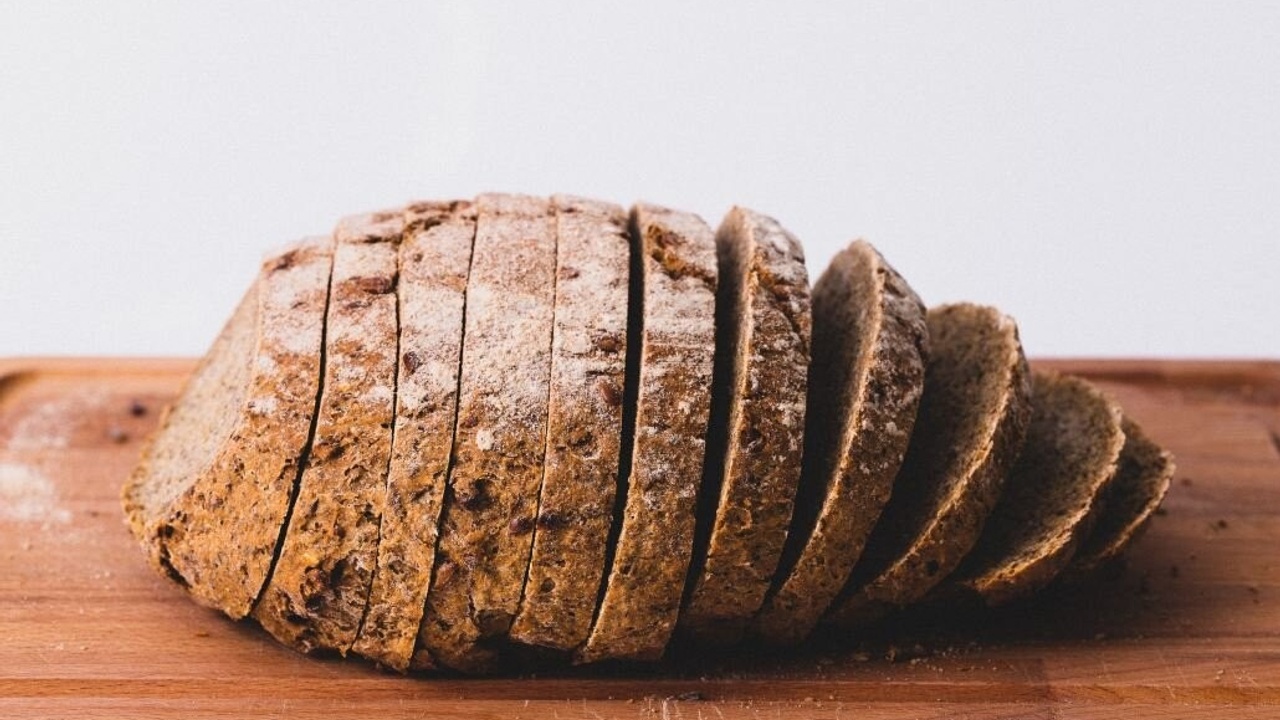Keto Veto: Cut the Carb Contempt
Mar 06, 2019
If orange is the new black, keto is the new Atkins. The ketogenic diet (or keto, for short) is the latest diet craze. It focuses on eating an extremely low-carb, high-fat foods and shares many similarities with Atkins and other low-carb trends.
The keto diet involves a drastic reduction in carbs, replacing them with fat. The carb reduction puts your body in a metabolic state known as ketosis. When in ketosis, your body becomes super efficient at burning fat for energy which can result in temporary weight loss.
You may be thinking, “ok, so what’s wrong with that?”
I’m glad you asked! But the answer requires a bit of a dive into science. I promise to simplify it for those of you who aren’t geeks like me. You down? Cool, let’s do it.
The basics
Calories come in three forms:
- Carbohydrates
- Protein
- Fat
The body is made to utilize all three forms of calories for energy. Singling out any of them as being “bad” like we’ve done with carbs and fat causes unhealthy and unbalanced eating habits.
The problem isn’t carbs, protein or fat. The true issue is the type of carbs, protein and fat we are consuming.
Now there is a LOT to unpack here (and oh, I plan to unpack it all at some point) but for the purposes of this particular post we’ll focus on carbs since they are clearly under attack from keto supporters and low-carb advocates all over the world.
It’s not carbs, it’s you
Carbs consist of three components: fiber, starch and sugar.
Fiber and starch are complex carbs. Sugar is a simple carb.
The nutrient quality of a food is determined by how much fiber, starch and sugar is found in it.
Bottom line: Carbs are either simple or complex.
Simple carbs are basic
Simple carbohydrates are sugar. They are easily broken down and absorbed by the body rapidly. They quickly increase blood sugar levels. This causes the sugar rush and the subsequent crash we’ve all experienced.

Simple carbs naturally occur in milk. However, most simple carbs found in the standard American diet are added to foods like soda, breakfast cereal, packaged baked goods and fruit juice concentrate.
Some of the most common simple carbs added to foods are:
- Raw and brown sugar
- Corn syrup and high-fructose corn syrup
- Fructose, glucose, sucrose (common table sugar)
- Fruit juice concentrate
Simple carbs are also found in refined foods. Refined means that the food is highly processed. The fiber, bran and many vitamins and minerals have been stripped away. The body digests them more easily because they provide little nutrition.
White bread, white sugar, and white rice are all examples of refined carbs. A diet high in simple or refined carbs leads to increased risk of obesity and diabetes. Unfortunately, these are the types of carbs most Americans consume.
Complex carbs are bomb
Complex carbs on the other hand, pack a much more nutritious punch than simple carbs. Complex carbs are higher in fiber so they digest more slowly and are more filling (which means they’re a great option for weight control).
They provide energy to the body more slowly than simple carbs. This means that they are less likely to be converted to fat. You won’t get a sugar rush from eating complex carbs. They increase blood sugar levels more slowly, at lower levels for a longer time than simple carbs.
Fiber and starch are the two types of complex carbohydrates. They can be found in:
- Vegetables
- Fruit
- Beans/legumes
- Whole grains
- Nuts
Complex carbohydrates are key to long-term health. A diet rich in carbs like whole-grains, starchy vegetables and legumes is eaten among the world’s healthiest populations. In fact, those foods make up a large majority of what they eat.
In contrast, here in American the prevalence of processed, refined food in our diets instead of unrefined complex carbs is the reason we’ve labeled carbs as being “bad” for us. The difference is the type of carbs – not the carbs themselves.
While several health benefits have been associated with eating a keto diet like weight loss and lowered blood sugar levels, it unnecessarily restricts elements of nutrition that can be really healthy for you. The key is not avoiding carbs but eating the right carbs. You don’t have to give up carbs to have a healthy diet; you just have to choose them wisely.
Get your Daniel Fast Kick Start Cookbook!
Join my Daniel Fast email list and receive this free cookbook with 7 of my favorite, mouthwatering Daniel Fast recipes. Plus, you’ll get early access to Daniel Fast tips and exclusive recipes.



